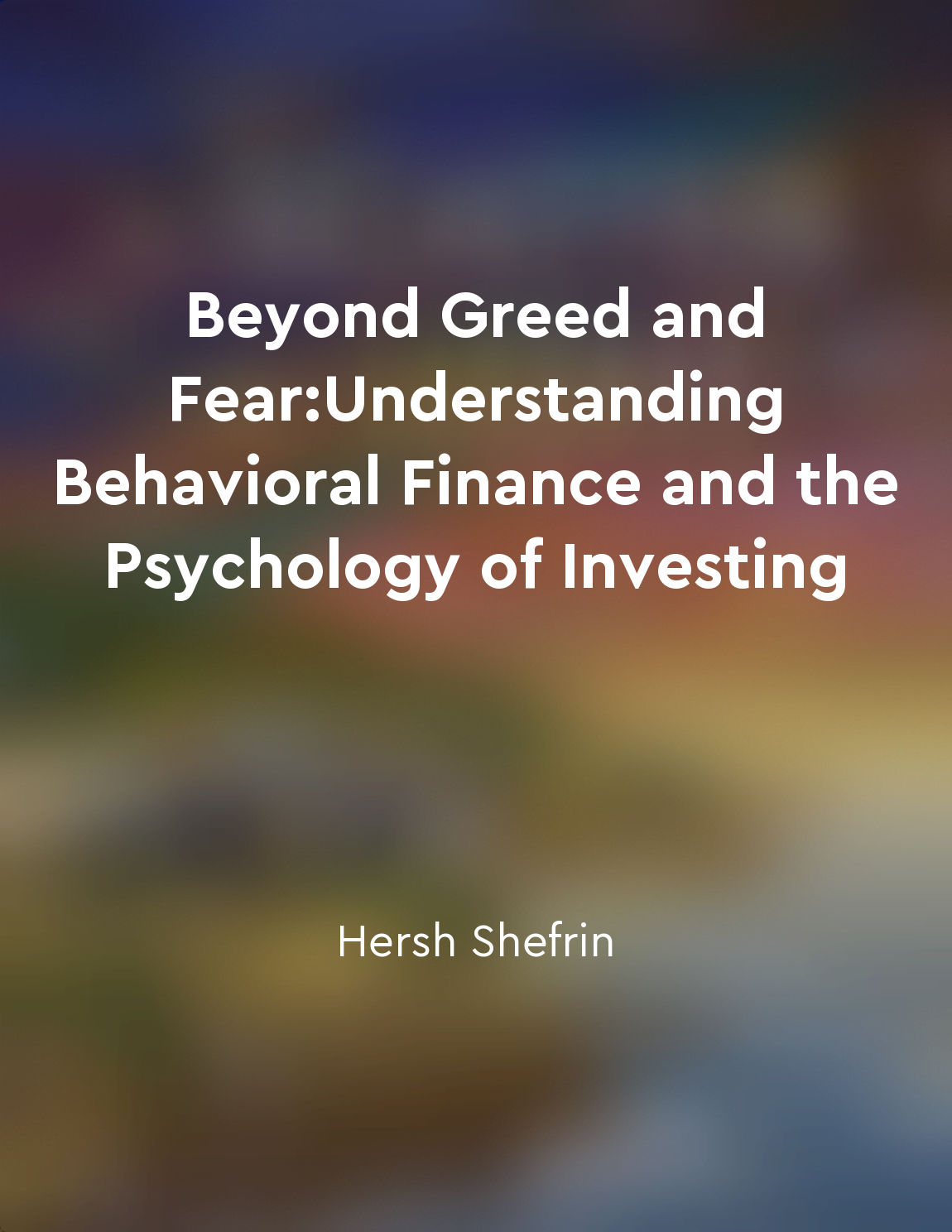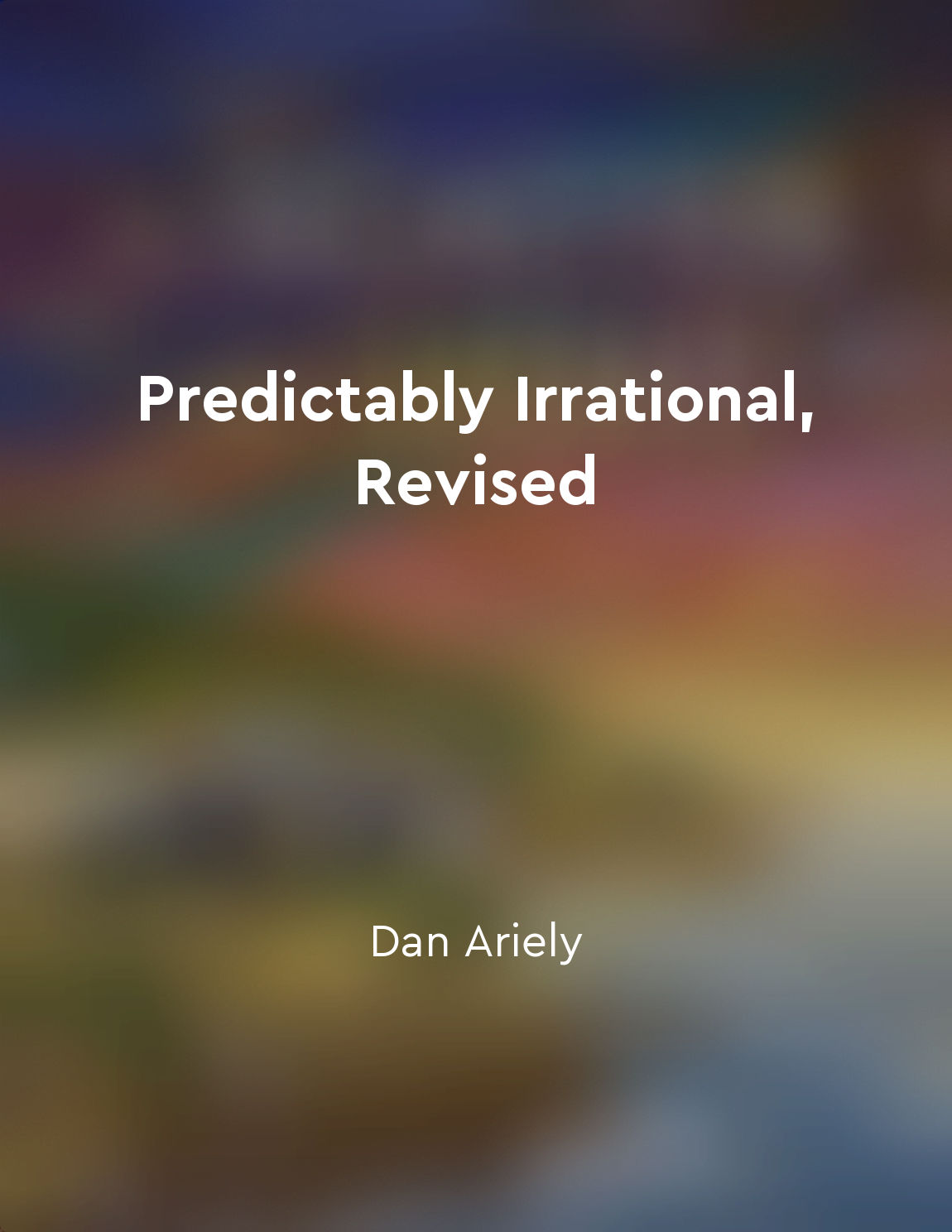Audio available in app
Behavioral economics challenges traditional economic theories from "summary" of Alchemy by Rory Sutherland
Traditional economic theories have long been based on the assumption of rational decision-making by individuals. According to these theories, people carefully weigh the costs and benefits of each choice before making a decision. However, behavioral economics presents a different perspective on human behavior. It suggests that individuals often make decisions based on emotions, biases, and heuristics rather than pure rationality. This shift in focus challenges the traditional economic theories that have dominated the field for so long. By acknowledging the role of emotions and biases in decision-making, behavioral economics offers a more nuanced understanding of human behavior. It recognizes that people are not always rational actors and that their choices may be influenced by a variety of factors beyond simple cost-benefit analysis. In essence, behavioral economics introduces a more human element into economic analysis. It takes into account the complexities of human decision-making and the ways in which emotions and biases can shape our choices. This perspective allows for a deeper understanding of why people make the decisions they do, even when those decisions may not align with traditional economic theories. By challenging the assumptions of traditional economic theories, behavioral economics opens up new possibilities for understanding and predicting human behavior. It offers a more comprehensive view of decision-making processes and highlights the importance of considering emotional and psychological factors in economic analysis. In doing so, it enriches our understanding of the complexities of human behavior and provides a more realistic framework for studying economic phenomena.Similar Posts
Costs and benefits influence decisionmaking
When faced with a decision, individuals weigh the costs and benefits associated with each option before making a choice. This p...

Liability rules can deter harmful behavior
Liability rules create incentives for individuals to avoid engaging in harmful behavior by making them financially responsible ...
David Ricardo's theory of comparative advantage revolutionized trade theory
David Ricardo, the British economist of Portuguese-Jewish descent, made a significant contribution to trade theory with his the...
Small wins can lead to greater selfcontrol
In the midst of temptation, it is easy to lose sight of our long-term goals and succumb to instant gratification. However, rese...

Representativeness bias results in faulty judgments
Representativeness bias is a cognitive bias that leads investors to make judgments based on how closely an event or situation r...

Rationality can be influenced by emotions and biases
One might assume that rationality is a purely logical and objective process, unaffected by emotions or biases. However, this as...

Options and futures are derivatives
Options and futures are financial instruments known as derivatives. These instruments derive their value from an underlying ass...
Availability heuristic shapes our perception of risk
The availability heuristic, one of the many mental shortcuts our brains take to make quick decisions, heavily influences how we...
Empathy is essential for understanding others
Empathy is like a bridge that connects us with others, allowing us to truly understand their thoughts, emotions, and experience...

We often fail to consider opportunity costs
Consider a scenario where you are faced with a decision about how to spend your evening. You have two options: you can either s...
